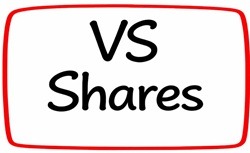Empowering FFE Scholars: Building Research Skills Through QMedCourses
Empowering FFE Scholars Through QMedCourses The Foundation for Excellence (FFE), Bengaluru, has been supporting students who have high potential, but do not have the financial means for higher studies, for many years. By funding the education of students who gain admission into Medicine, Engineering, Technology and Law, FFE helps them…



